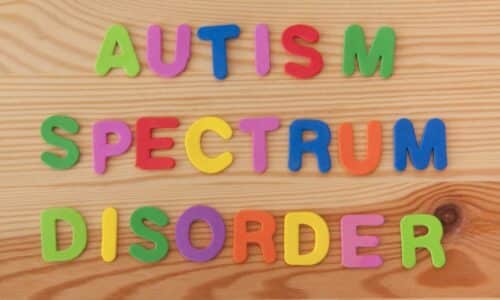Coping with Postpartum Depression |
Frankie Powell, Patient Care Supervisor of Labor & Delivery at Homestead Hospital, explains postpartum depression doesn’t go away. “There’s a stigma on it. One in five women suffer from postpartum depression, or a postpartum maternal mental illness, and that is something that we need to make sure that people know and women know”.
She also highlights it is not something to be ashamed of, and it doesn’t go away on its own. The right thing to do is seeking medical help, counseling.
Transcript
What’s the kind of early advice that we need to pass on to mothers?, and their families too, sometimes we just think of the moms but we need to think of the families too, because they are an integral part of all this, that this does not just fade away on its own you brought that up, oh don’t worry about it everything will be just fine, but what’s that education process that we need to get into with mothers as they’re in the early stages of pregnancy, and as they go through it to make them realize that you need to be aware this, this doesn’t just go away. It doesn’t go, just go away, for a lot of women and the stigma is there’s a stigma on it, it’s like oh don’t talk about it, it’ll go away, one in five women suffer from postpartum depression, or a postpartum maternal mental illness, and that is something that we need to make sure that people know and women know that it’s not something to be ashamed of, and it doesn’t go away on its own, it’s the right thing to do is seek help, counseling, maybe you might need um some chemical help with some medications, and there are medications out there and that’s why you seek medical help.








